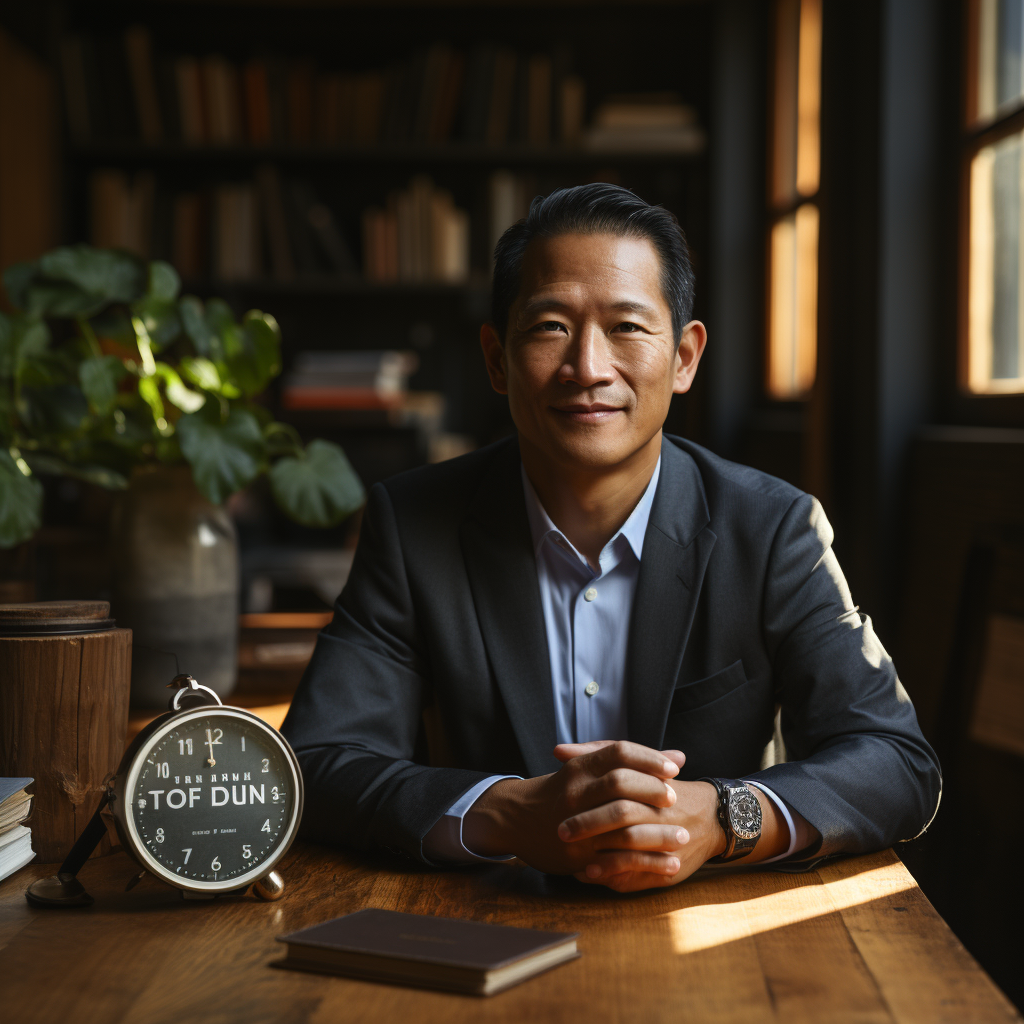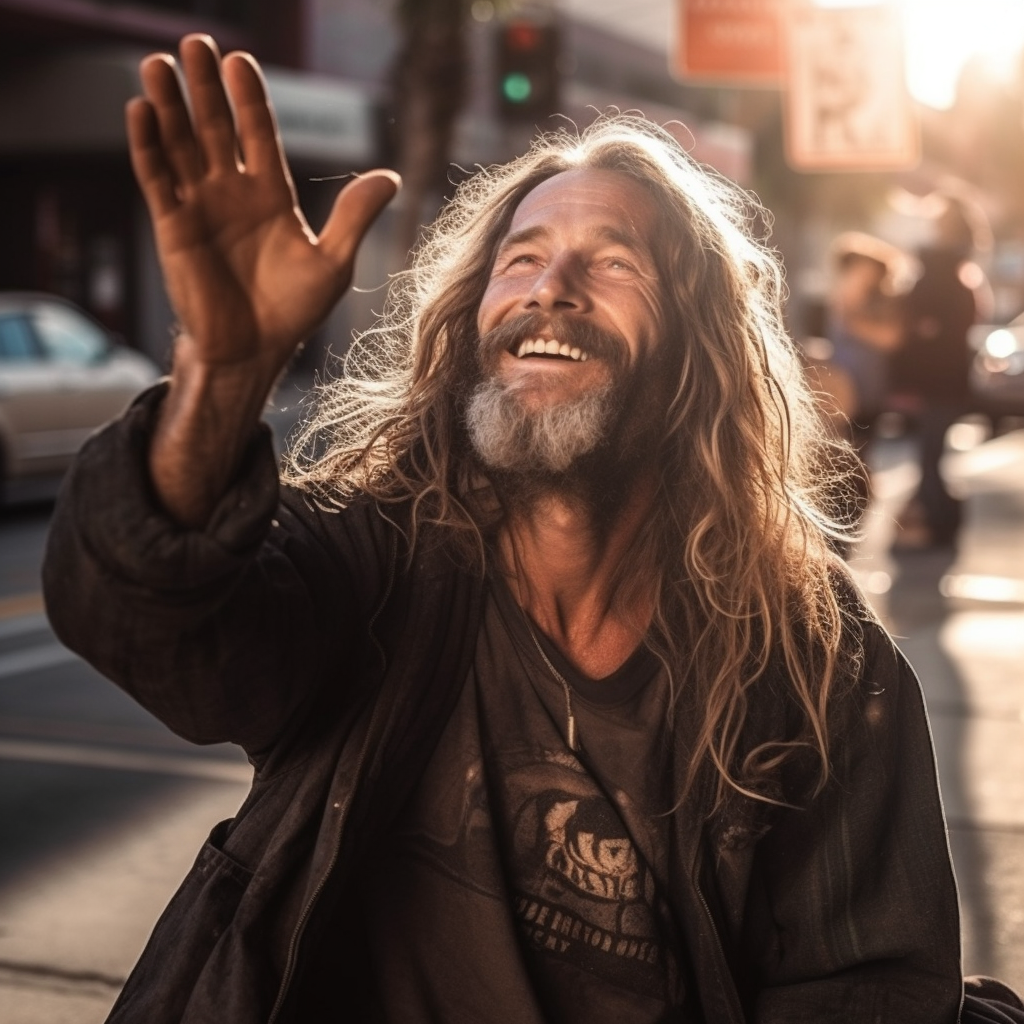In the intricacies of the modern world, the art of time management emerges not merely as a skill but as the cornerstone of a purposeful life. The tick of the clock is neutral; however, our priorities dictate its value. This sentiment is perfectly embodied by Di Tran, acclaimed author of books such as “Drop the ME and focus on the OTHERS.”
For many, success is a nebulous term, a destination that keeps shifting with the tides of time and experience. Yet, for some like Tran, success is intricately woven with personal values, aspirations, and the impact they wish to imprint on the world. Tran’s life exemplifies how, when we understand what is paramount to us, we can masterfully sculpt our hours, minutes, and seconds to resonate with those convictions.
For Tran, two pillars stand tall: his burgeoning series of small businesses and the warm embrace of his family, particularly his young children. His businesses aren’t merely sources of income; they are extensions of his mission to add value to life, to craft something bigger than himself. This isn’t the capitalist drive of incessant growth, but a purpose-driven pursuit, an avenue where work aligns seamlessly with life satisfaction.
Parallelly, his family stands as his sanctuary, a space of unconditional love and grounding amidst the whirlwind of entrepreneurial ventures. The balance between these two pillars might seem daunting, but with keen time management and a clear vision, Tran makes it look effortless.
But life, as Tran shows, isn’t just about work and family. The niches of time that remain are dedicated to his passions. A voracious reader, a devout podcast listener, and an author, Tran believes in the perpetual cycle of learning and imparting. His books are not mere compilations of words but vessels carrying wisdom, experiences, and insights aimed at enriching lives.
Furthermore, Tran’s emphasis on surrounding himself with individuals he can glean knowledge from underscores another dimension of his time management prowess. By consciously choosing to spend time with his ‘passive mentors’, often elders brimming with life’s lessons, Tran showcases an understanding that time’s value is often determined by the quality of interactions and not just the quantity.
In essence, Di Tran’s life is a testament to the transformative power of time management when it’s aligned with one’s core values and priorities. It reminds us that the true essence of time isn’t in its fleeting nature, but in our ability to harness it, channeling it towards what brings meaning, growth, and joy in our lives.





